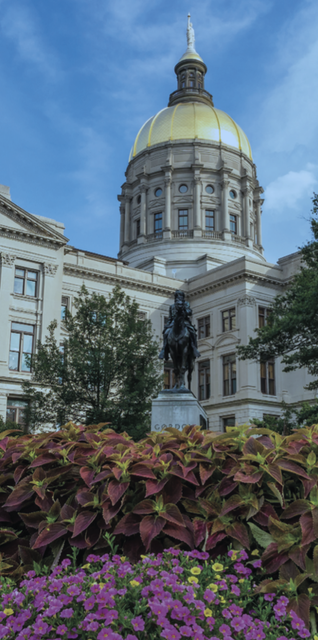YOUR VOICE
Under the Gold Dome
The Georgia Forestry Association’s 2022 legislative session policy priorities focus on driving bottom-line value to forest landowners and forestry businesses.
By Matt Hestad
By Matt Hestad
2
Winter 2022
Winter 2022



